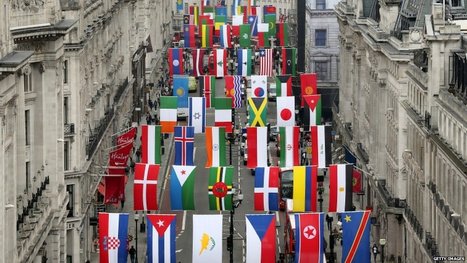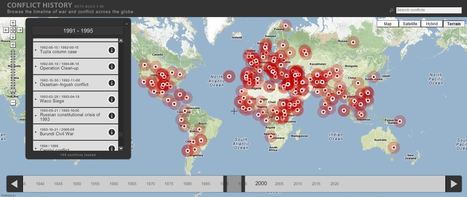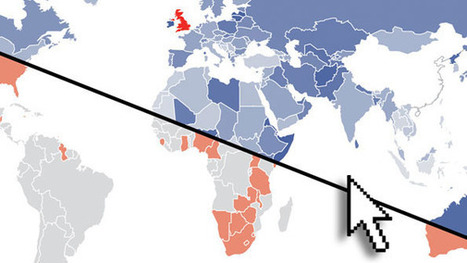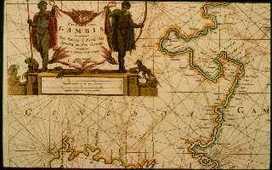BELIZE has long been a country of immigrants. British timber-cutters imported African slaves in the 18th century, and in the 1840s Mexican Mayans fled a civil war.
Belize has a much higher Human Development Index ranking that its Central American neighbors such as Guatemala. That fact alone makes Belize a likely destination for migrants. Given that Belize was 'British Honduras' during colonial times, English is (still) the official language, but that is changing as increasingly Spanish-speaking immigrants are changing the cultural profile of Belize.



 Your new post is loading...
Your new post is loading...
















It's interesting to compare and contrast the reaction of Belize's English-speaking population to an influx of Spanish-speaking immigrants with that of the United States. I enjoyed reading that the welcoming of immigrants by the ruling political system has done much to lessen racial tensions, with the various ethnic groups scattered along the political spectrum. This contrasts sharping with the American political spectrum, where there is a clear racial divide between conservatives and liberals. Americans could learn a lot from Belize in this regard, although the transition has been far from smooth in the nation. Although Spanish is now taught in schools as a result of the reality of the immigration wave in the country, there is some push-back from English speaking groups. Many employees of service industries are losing their jobs to those who can offer bilingual services, as well as some other economic changes as a result of the influx of new immigrants. However, the degree of this tension is a lot lower there than it is in the United States. It will be interesting to see how this debate shapes up in the future; it could very well serve as a helpful model for American politicians.
You won't BELIZE this link.... get it.
I'm hilarious.
This country of Belize seems to be a very interesting place. I never knew that in Central America, there was a country who's official language is English. It is made up of a lot of retired British soldiers and North American "sun seekers." Migration into Belize comes from other place in Central America, of its 300,000 person population, 15% are foreign born. It is now becoming a very mixed country and Spanish is making a gain on English. Schools teach in English, but Spanish lessons are mandatory. A population boom both helps and hurts the economy. Most migrants are of working age and are willing to work low wages in brutal conditions. A lot of Belizeans tell census that they are not working and with Spanish gaining ground, a lot of monopolistic people are losing jobs to those who are bilingual. Although there are frictions between ethnic groups, in general things are good and political party lines are not divided by ethnicity.